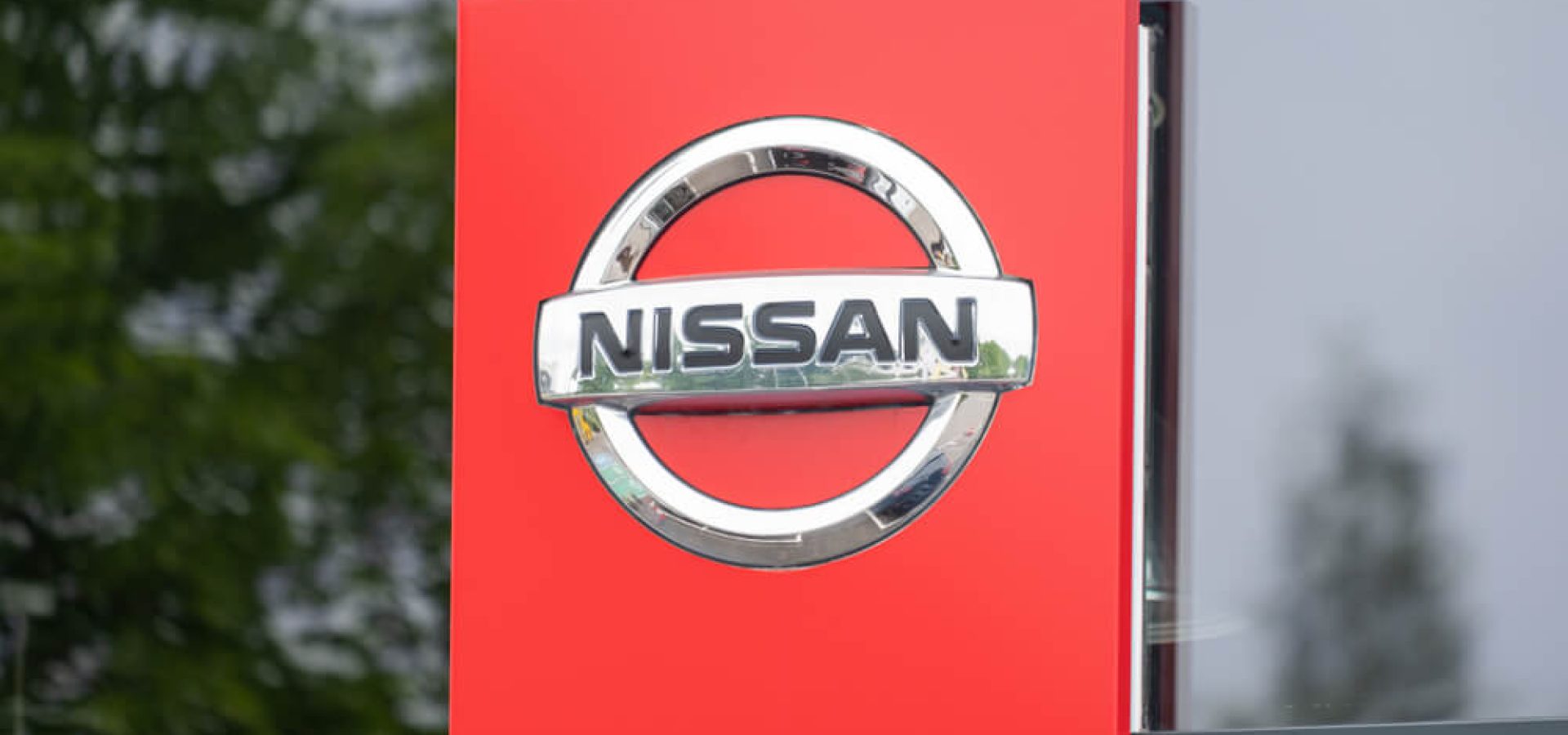Nissan Motor Co plans to spend 2 trillion yen ($17.59 billion) over five years as it wants to compete with Tesla and Toyota. For the first time in its history, Nissan unveiled a comprehensive electrification plan.
Japan’s No.3 automaker plans to spend twice as much as it did in the previous decade for a share of the EV market as rivals move ahead with their electric-car plans.
The company will launch 23 electrified vehicles by 2030, including 15 electric vehicles (EVs). The company also wants to reduce lithium-battery battery costs by 65% within eight years. Moreover, it plans to introduce potentially game-changing all-solid-state batteries by March 2029.
Nissan and its plan
Some analysts were not impressed with the company’s plan, noting Nissan was already behind its rivals in electrification.
Its electrification plan comes as Nissan pulls back from a pursuit of sales volumes pushed by former chairman Carlos Ghosn. The company reduced production capacity and model types by a fifth to improve profitability.
Currently, electric vehicles represent only a small portion of vehicles on the road. Still, global car registrations in 2020 grew by 41% as the overall car market contracted by almost a sixth, according to the International Energy Agency (IEA).
Major carmakers including General Motors and Ford Motor Co signed a declaration at the U.N. climate summit in Glasgow. They signed a declaration that committed them to phase out fossil fuel vehicles by 2040.
However, Nissan has its own plans. The company is not ready to abandon cars equipped with internal combustion engines. On Monday, it said half of its vehicles mix will be electrified by 2030, including EVs and its e-Power hybrids.
In fact, the company is working hard to compete with rivals. In July, the auto giant pledged $1.4 billion with its Chinese partner Envision AESC to build a giant battery plant in Britain that will power 100,000 vehicles a year including a new crossover model.
Nissan is not alone, as Toyota also declined to sign the Glasgow pledge.
Nissan’s rivals are also ramping up their battery production. Toyota plans to have 15 battery electric vehicle (BEV) models globally by 2025. The world’s biggest automaker will spend $13.5 billion by 2030 to develop cheaper, more powerful EV batteries and their supply system. Toyota plans to introduce state-solid batteries by the mid-2020s.
Interested in Forex Trading? Read WiBestBroker’s comprehensive review on DeltaMarket.









COMMENTS